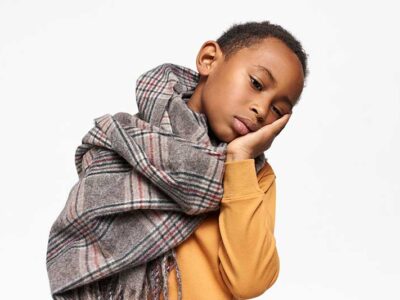Signs of child abuse can be obvious but they can also be subtle. Here are some common signs of abuse. These signs can show as changes in behavior once abuse starts but they can also seem to be on-going behavior if the abuse has been occurring since a very young age.
- Has a child’s behavior changed? Do they experience fear, anxiety, depression, aggression or withdrawal?
- Change in school performance: grades dropping, unable to focus, not completing work
- Inability to focus and do work in school – Teachers may notice that when it’s time to focus on school work or listen to instruction in class, the student may become very distracting to the class or just “check-out” mentally.
- Learning and attentional problems at school
- Guilt, shame and sadness are feelings they may be experiencing.
- Bullying, insulting, and physical aggressiveness toward peers
- Angry or irritable for no apparent reason
- Destructive outbursts: throwing things, yelling, hitting, aggression
- Oppositional and defiant behavior with authority figures
- Hyperactivity, obsessiveness, compulsiveness
- Child shows over-sexualized behavior or using sexual language or has sexual knowledge that is inappropriate for the child’s age.
- Child shows extreme and age-inappropriate knowledge about violence, guns and crime.
- Child no longer enjoys the same things that he/she used to enjoy.
- Afraid to go home or see certain individuals or being left alone with someone
- Regression in toilet training, bedwetting and fecal soiling.
- Crying
- Clinging to caregivers
- Nausea/upset stomach/anxiety
- Nightmares, difficulty falling asleep, lack of sleep
- Changes in the child’s eating habits (weight gain or loss)
- Fear or upset about separation, especially from mom (or protective parent)
- Extreme fears of natural disaster events happening even though they are unlikely to happen
- Extreme fears of losing mom or mom dying (protective parent)
- Extreme fears of something bad happening to themselves and their family

